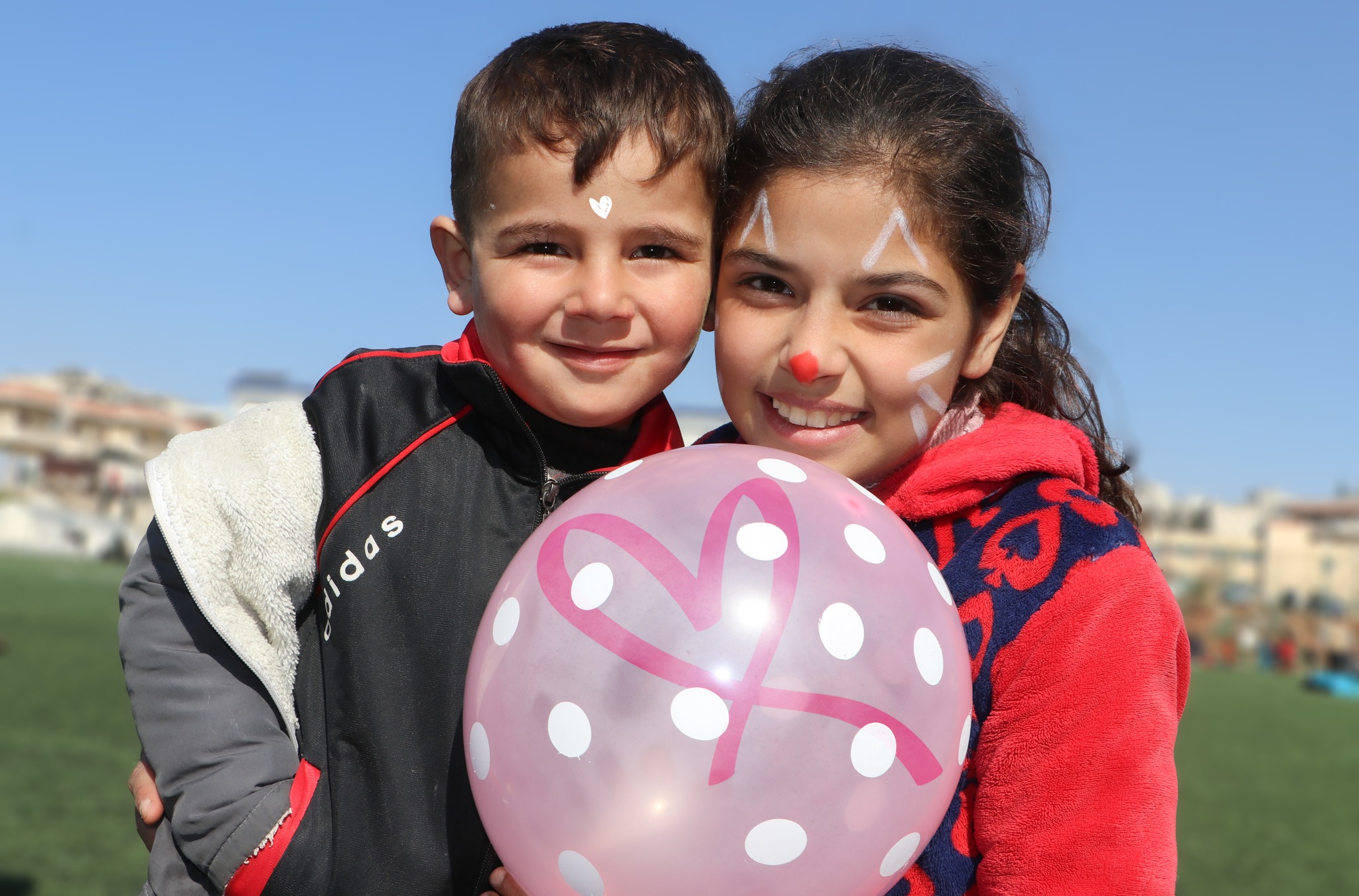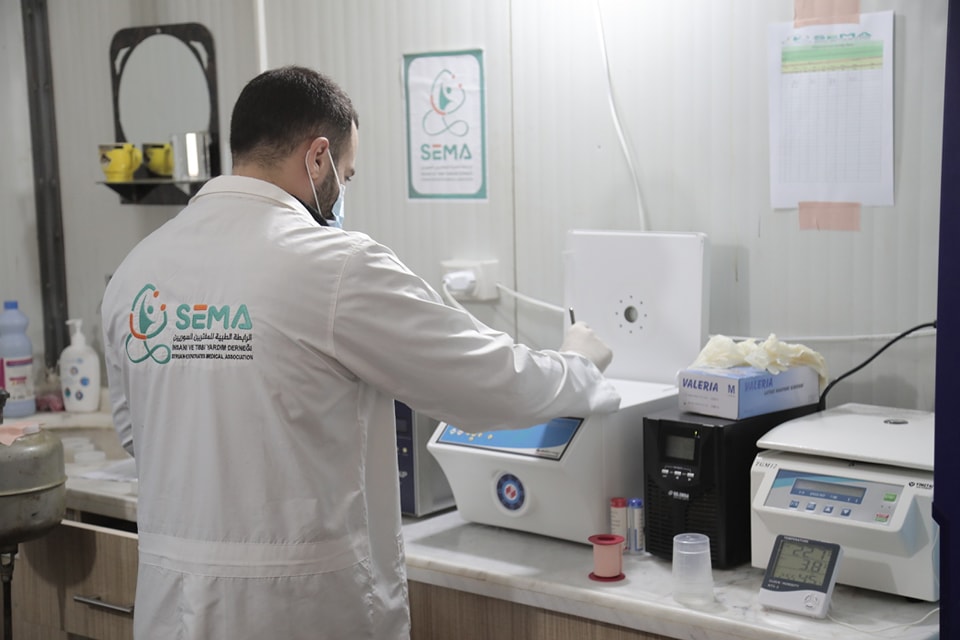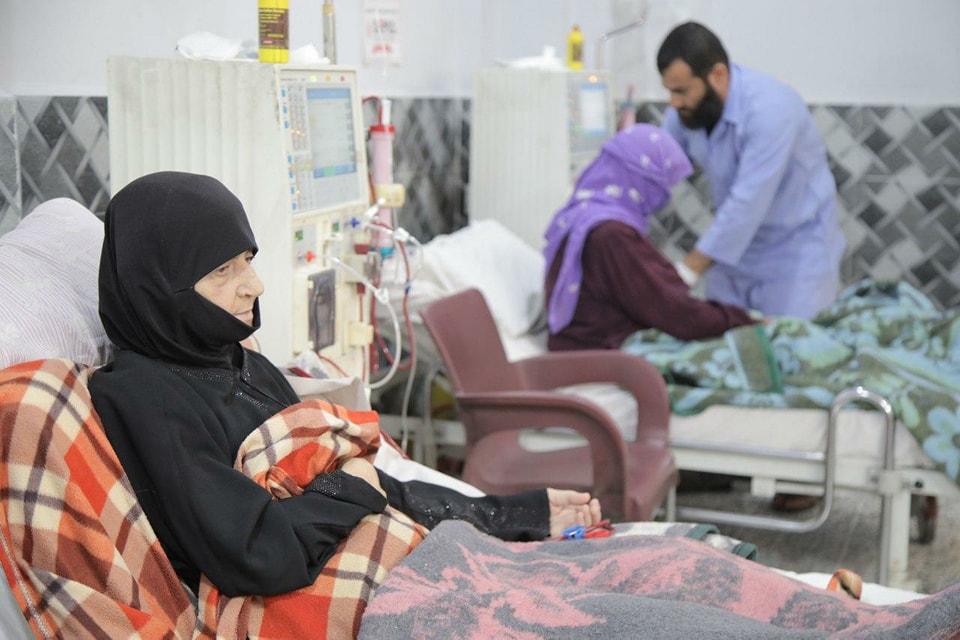Sadqah, or charity, is one of the most important means of social responsibility in the Muslim community.
Therefore, Islam teaches Muslims to be generous to the less privileged members of the community by means of charitable donations.
In addition, Muslims are obliged to pay zakat in order to purify their wealth and reduce inequalities in society.
In this article, we discuss the importance of charitable donations to the Muslim community during the blessed month of Ramadan and throughout the year.
The importance of sadaqah and Ramadan in Islam
The word sadaqah in the Qur’an has 2 main connotations. First, giving out charity or obligatory annual alms, called zakat.
The Prophet (PBUH) had the best of manners and qualities, and he instructed Muslims to have distinguished characteristics.
In that sense, Islam always encourages Muslims to be generous and give out a lot of charitable donations.
Particularly, Muslims are encouraged to emulate the Prophet (PBUH), who was especially generous during the blessed month of Ramadan.
Ibn ‘Abbas narrated: “The Messenger of Allah (PBUH) was the most generous of the men, and he was the most generous during the month of Ramadan when Jibril visited him every night and recited the Qur’an to him. During this period, the generosity of the Messenger of Allah (PBUH) waxed faster than the rain-bearing wind,” (Al-Bukhari and Muslim).
Supporting the needy: The primary benefits of sadaqah during Ramadan
Sadaqa has many benefits that Muslims can accumulate whether during Ramadan or any time during the year. These benefits include:
- It helps cure illnesses.
- It is an investment in this life and in the hereafter.
- It opens the gates of paradise.
- It provides protection in the hereafter.
- It purifies wealth.
- It wipes away the sins.
- It prevents calamities.
- It increases wealth.
Most importantly, during Ramadan, the rewards of all acts of worship and good deeds, including giving to charity and donations, are maximized enormously.
Alleviating poverty: The role of sadaqah in empowering less fortunate communities
Sadaqah plays an important role in empowering less fortunate communities in a number of ways: These include:
- Promoting generosity: By giving alms and charity, the Muslim community cultivates the values of selflessness and generosity.
- Fostering gratitude: It reminds individuals of the Muslim community to be grateful and appreciate their blessings. This can foster a positive attitude and a sense of contentment.
- Reducing greed: Giving to charity can reduce greed, selfishness, and materialism.
- Strengthening the community: Alms help empower the community by reducing inequality and spreading the values of compassion and altruism.
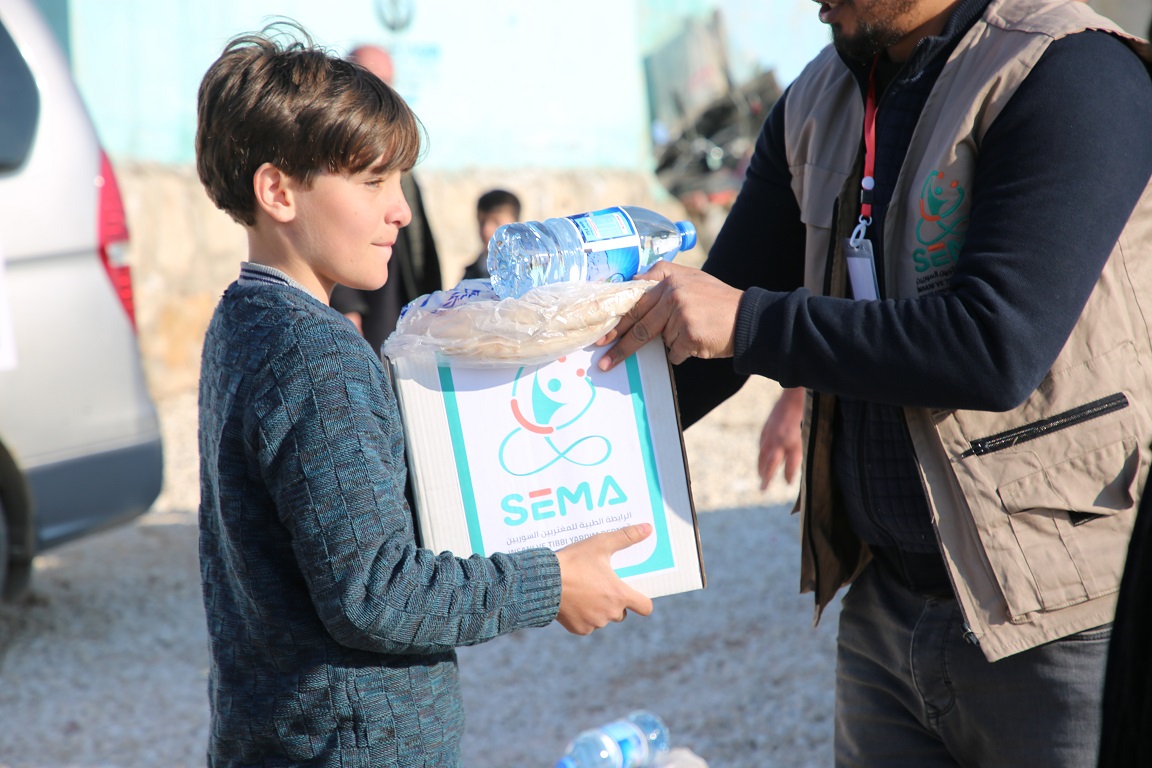
Encouraging generosity: How sadaqah inspires social responsibility and philanthropy
Islam instructs Muslims to give their wealth selflessly to those in need and avoid hoarding their money. Particularly, giving to charity helps cleanse wealth and purify it.
Therefore, sadaqah helps mend the gap between the rich and the poor.
Most importantly, Muslims are reminded in the Qur’an to give to those in need.
“And who gives the rightful share of their wealth,” (Surah Al-Ma’arij, 24). “To the beggar and the poor,” (Surah Al-Ma’arij, 25).
Strengthening community ties: The Ramadan spirit and the unity of Muslim ummah
Giving mandatory donations (zakat) to the poor is one of the pillars of Islam.
This form of charity helps provide the poor with their basic needs, including food, shelter, and clothing.
In addition, giving charity and alms during the holy month of Ramadan will spread the Islamic values of philanthropy and generosity.
Therefore, this will help strengthen the bonds among the members of the Muslim community.
It will also help purify the Muslim community of vile deeds, corruption, and grudges. Thus, fortifying the ties of unity of the Muslim ummah.
Fostering personal growth: The spiritual dimension of sadaqah and its benefits to individuals
Sadaqah helps elevate the spirituality of the individuals in the community.
It is not only restricted to the monetary dimension, as sadaqah also includes good deeds such as smiling and helping others.
Thus, sadaqah helps purify the hearts of the believers by regulating their actions and directing them to quell their anger or the vicious sides of their personalities.
To this end, charity helps instill the values of piety within individuals. It also helps connect them with their spirituality.
Enhancing the quality of life: Improving healthcare, education, and social services through sadaqah
Giving charity to deprived communities helps provide these communities with the necessary infrastructure and social services.
For example, many refugee communities lack the basic infrastructure for healthcare, education, communication networks, school systems, and more.
In other words, giving to charity helps these communities establish the services they need.
Particularly, Ramadan is a key opportunity for rebuilding these communities and establishing essential welfare facilities, such as schools and hospitals, to improve the lives of their members.
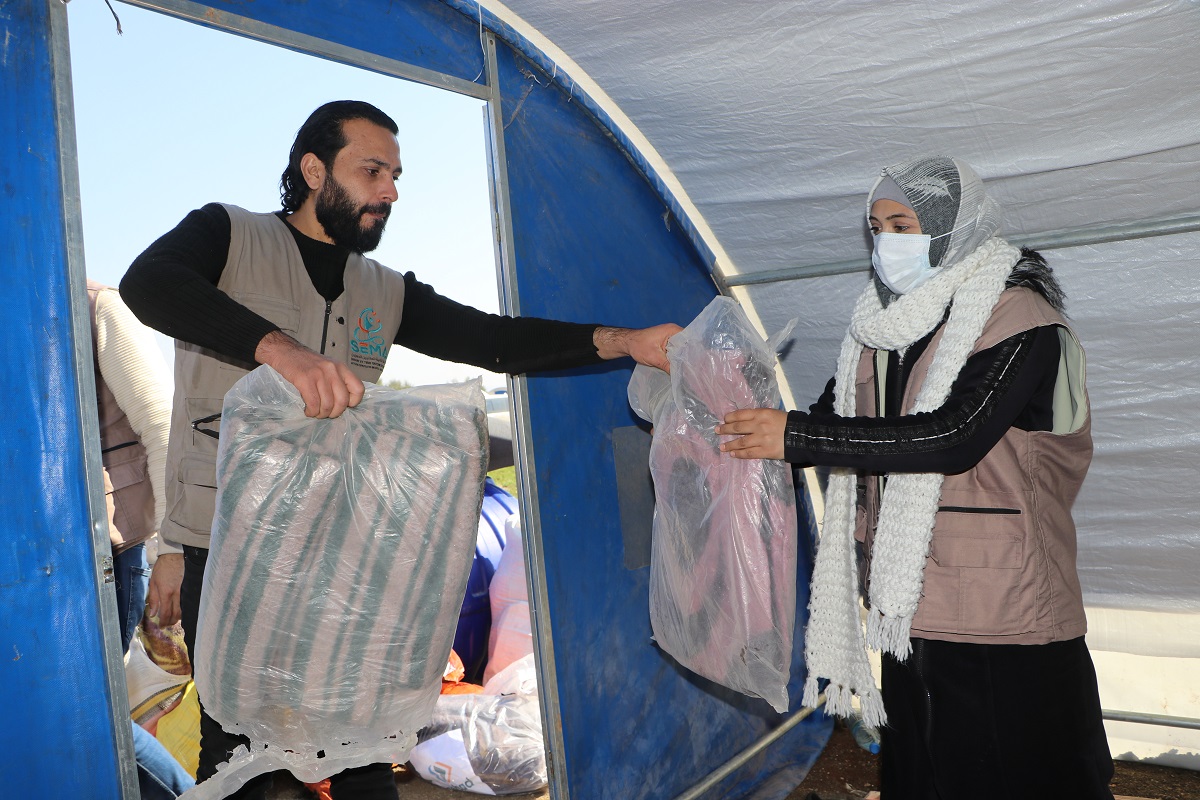
Building resilient communities: The long-term impact of sadaqah on community development
Paying sadaqah has a long-term impact on community development.
This is because it helps improve the quality of life of underprivileged refugee communities.
That is, charity is a means by which communities can develop and flourish immensely.
It is a long-term investment that helps Muslim communities be more resilient.
As Muslim communities help each other improve by means of charitable donations, they can stay strong together in the face of calamities.
The need for continuous sadaqah during and beyond Ramadan
Charity should not only be carried out during the blessed month of Ramadan but also throughout the year.
Today, Syrian refugee communities are in dire need of many basic needs, such as food, shelter, medication, and healthcare services.
Thus, it is definitely crucial for all Muslims to help each other constantly and not only at a specific time of the year.
Help us at SEMA, humanitarian, non-profit organization, to extend help to the underprivileged groups of the Muslim community.
Your charitable donations will facilitate healthcare services for those in need, thus, saving their lives!
FAQ
What is the importance of Sadaqah in society?
The importance of sadaqah in society is helping the underprivileged members of society by providing them with food, shelter, clothes, medical care, and so on.
Why is giving charity important during Ramadan?
Giving charity is important during Ramadan because Muslims are encouraged to increase their good deeds during this month, and charity is one of the best deeds to please Allah (SWT).
What are the benefits of zakat to society?
Zakat has multiple benefits to society, including helping to bridge the gap between the rich and the poor.
The benefits of zakat to society also include:
-Reducing poverty.
-Mending the gap between the rich and the poor.
-Spreading the values of kindness and generosity in society.
In what ways does giving sadaqah during Ramadan foster a sense of solidarity and generosity within the community?
Giving sadaqah during Ramadan can foster a sense of solidarity and generosity in the community by strengthening love, understanding, mutual support, and brotherhood between the rich and the poor in the Muslim community.
What are some examples of sadaqah-based community projects that are particularly impactful during Ramadan?
Examples of impactful sadaqah-based community projects include:
-Sponsoring children and orphans.
-Volunteering time and effort by teaching illiterate members of the community as an example.
-Building a water well.
References:
- https://catholicworldmission.org/impactful-ways-to-help-the-poor/
- https://commonbond.org/7-ways-you-can-help-fight-poverty-in-your-community/
- https://www.borgenmagazine.com/10-ways-to-help-the-poor/
Read More:
What Is the Significance of Addressing Children’s Emotional Needs?
Meeting Refugee Women’s Health and Hygiene Needs | SEMA
Strategies for Supporting Children Who Experienced Trauma or Loss
What are Some Practical Tips for Staying Hydrated During Ramadan?
Ramadan Charitable Giving and Community Service: Types and Impact Explained


